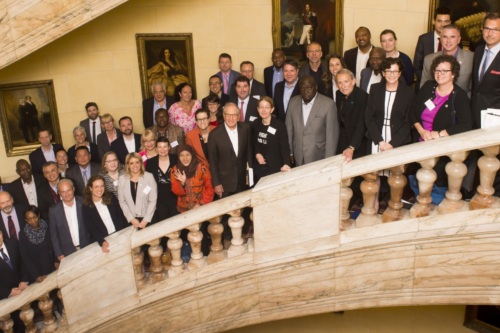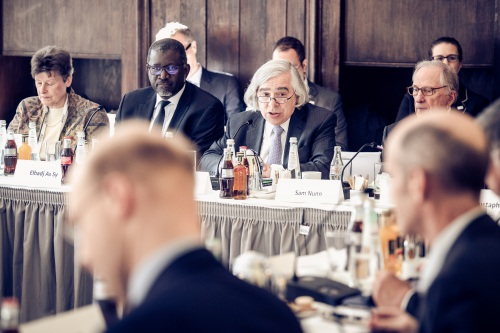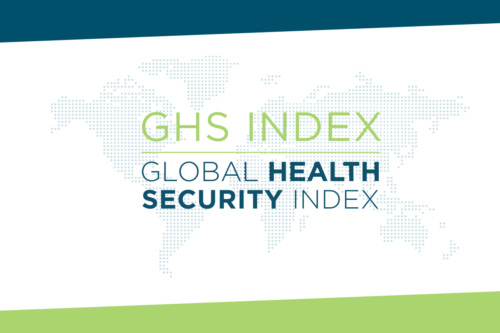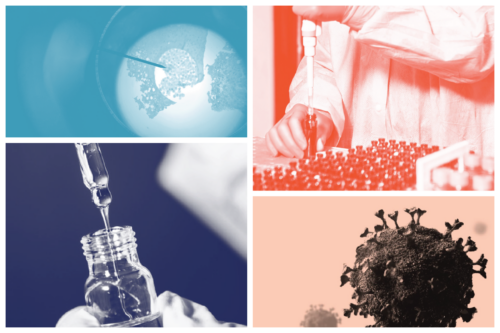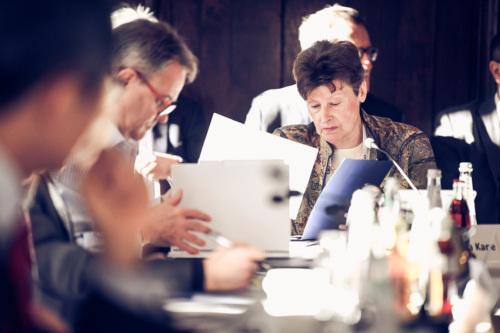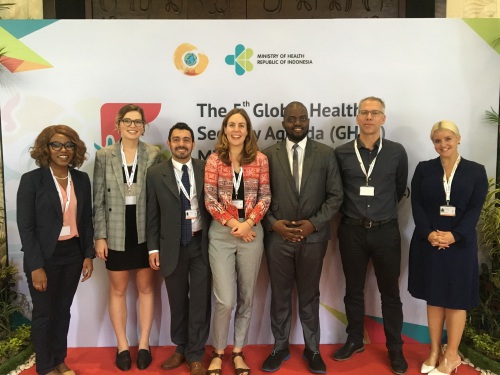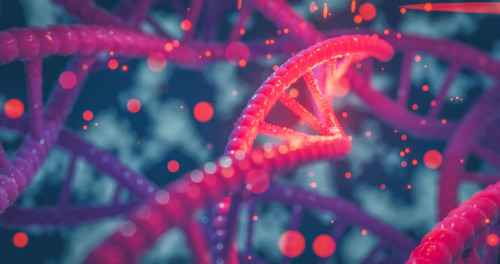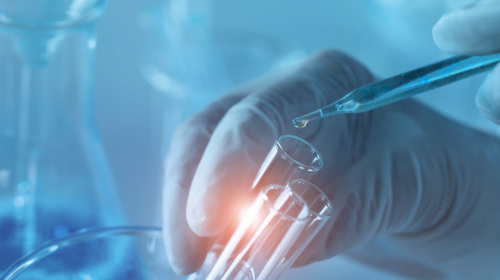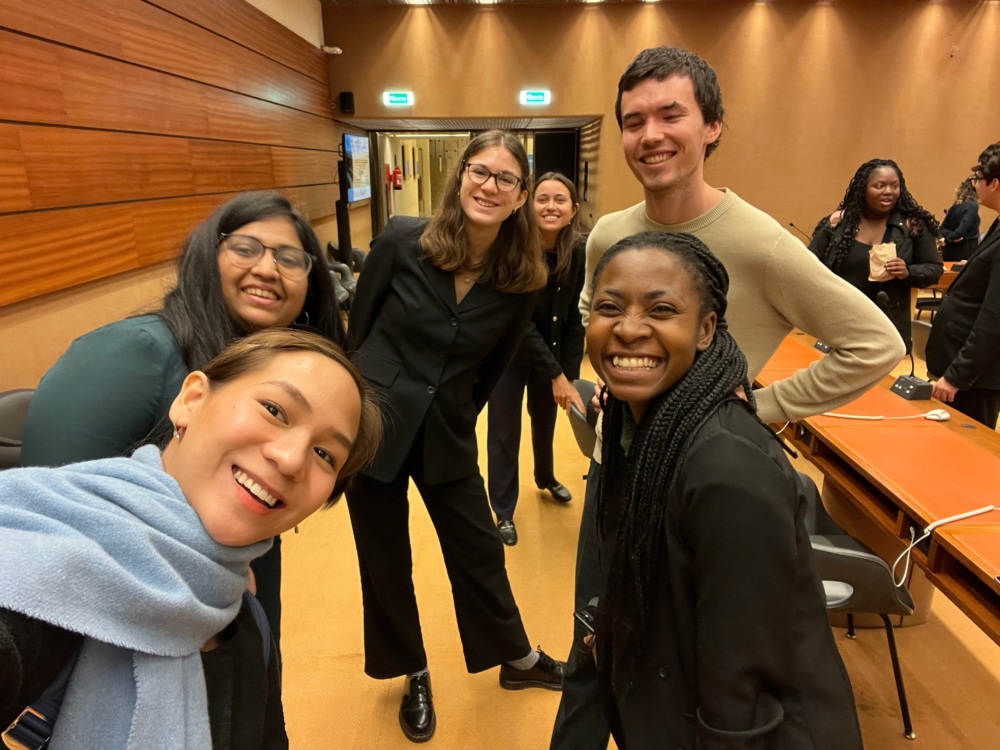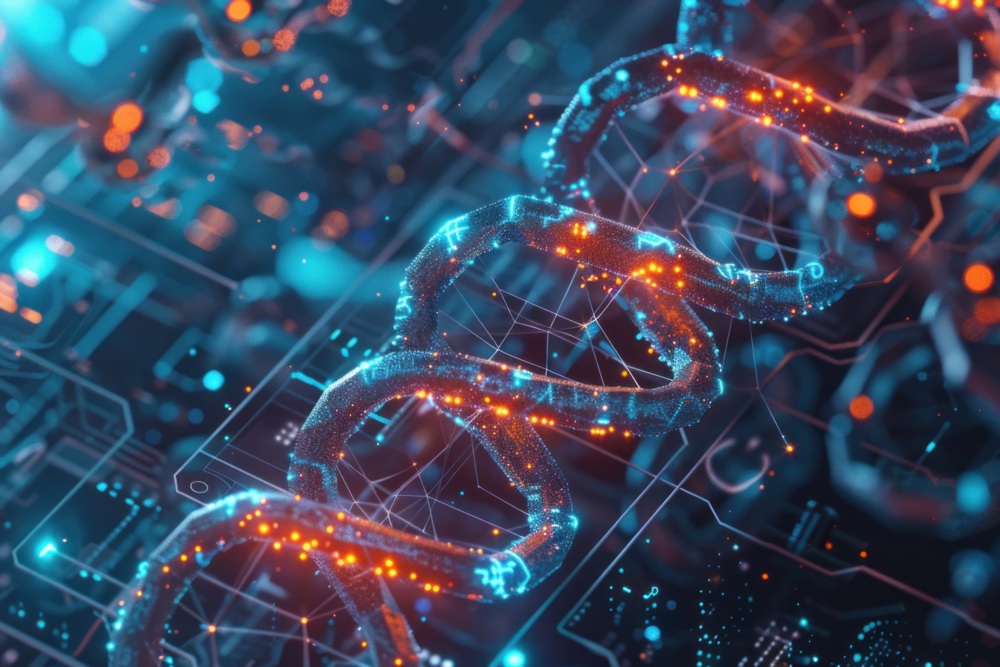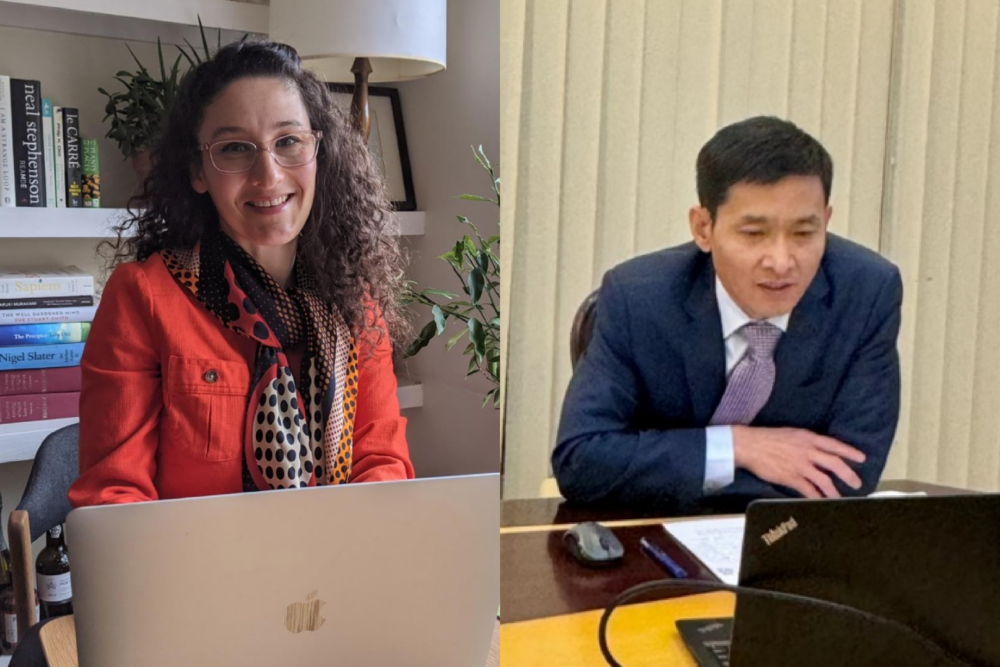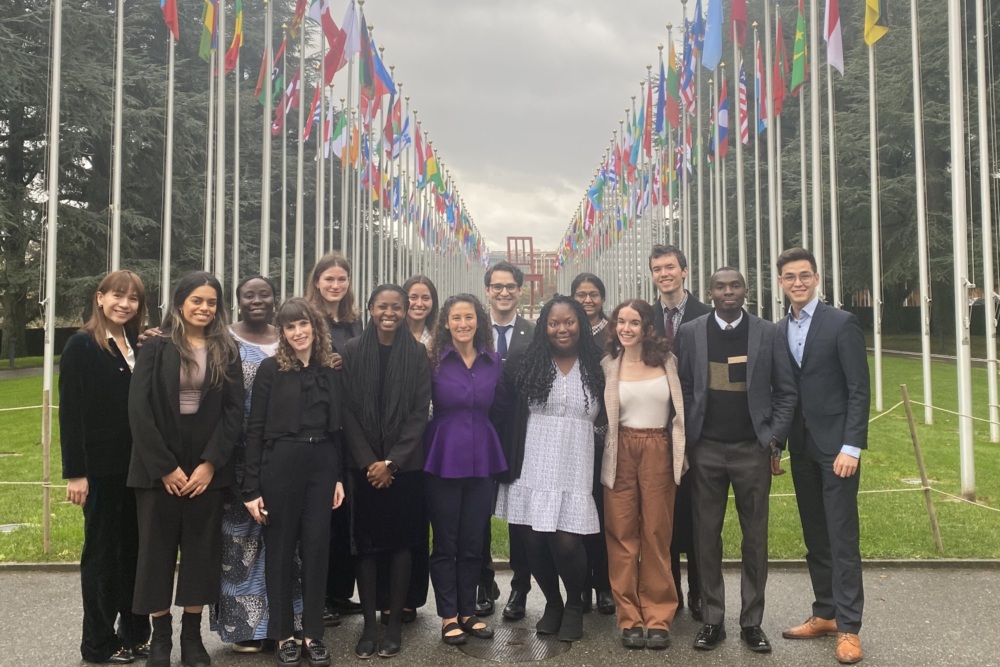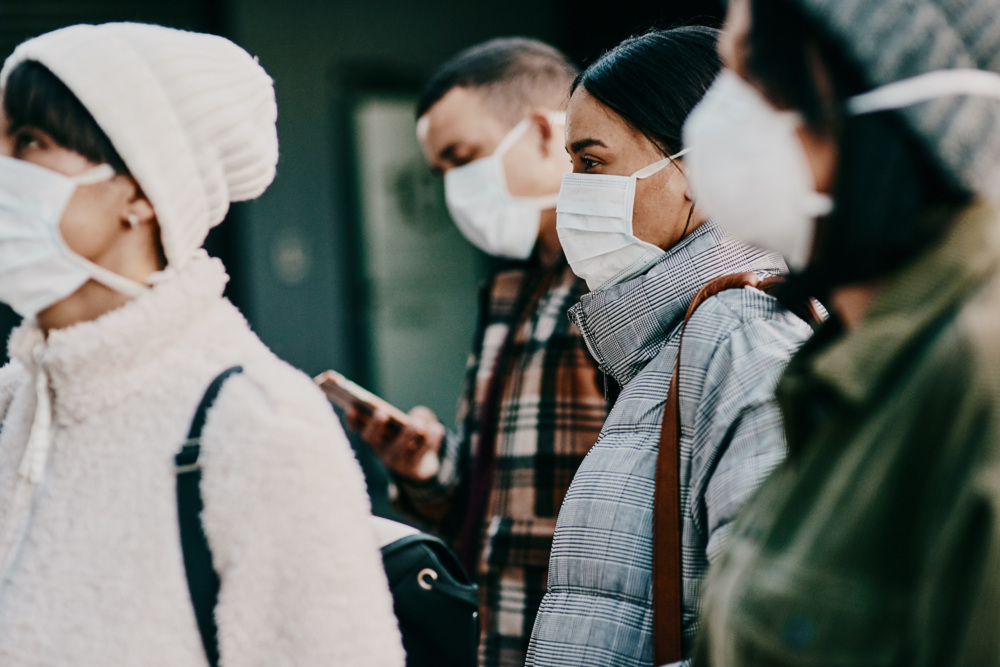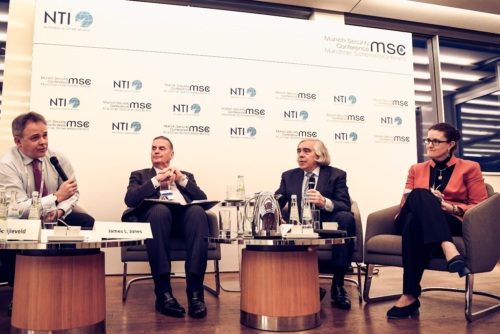
Biosecurity Innovation and Risk Reduction Initiative
Advances in biotechnology outpace national governments’ ability to provide needed oversight to prevent accidents or deliberate misuse of dangerous biological agents.
Biological threats – whether natural, accidental or deliberate — can kill millions, cost billions, and create political and economic instability in individual countries and around the world. The risks and consequences of a global catastrophic biological event can be magnified by weak global health security, increasing urbanization and travel, growing terrorist interest in weapons of mass destruction, and rapid advances in technology that enable newly developed or manipulated pathogens with pandemic potential.
To reduce these risks and strengthen biosecurity, NTI | bio works with governments, industry, academia, international organizations and NGOs to foster multilateral dialogue, identify weaknesses, and promote systemic change to improve biotechnology governance and national health security capacities.
NTI offers solutions through a range of projects. Among them:
Advances in biotechnology outpace national governments’ ability to provide needed oversight to prevent accidents or deliberate misuse of dangerous biological agents.
Reducing biological risk and enhancing global security
Preventing global catastrophic biological risks (GCBRS)
The GHS Index highlights individual country needs, boost compliance with international standards, and create better understanding of global capabilities to prevent, detect, and respond to biological threats.
Safeguarding modern bioscience and biotechnology so it can advance and flourish safely and responsibly
Rapidly assessing origins of high-consequence global biological events
Cultivating the Next Generation of Global Biosecurity Leaders
Establishing an international Common Mechanism for DNA Synthesis Screening
Establishing stronger norms and practices to prevent accidents, misuse, and other adverse outcomes of life science research
NTI | bio will bring a 2024 Next Generation Biosecurity Delegation of early-career professionals to the Biological Weapons Convention (BWC) meetings from August 19 – 23.
NTI | bio convened more than 25 high-level biosecurity professionals, AI experts, and policymakers for the inaugural meeting of the International AI-Bio Forum.
The China Arms Control and Disarmament Association and NTI jointly convened a virtual Track II Dialogue, a forum to promote mutual understanding among Chinese and U.S. experts about urgent and emerging biosafety and biosecurity risks.
This year, the competition invites innovative and creative papers focused on how investments in biosecurity can both contribute to a more equitable society and reduce biological risks.
The new paper marks the first time that many details about the structure and function of the JAM are being made publicly available.
